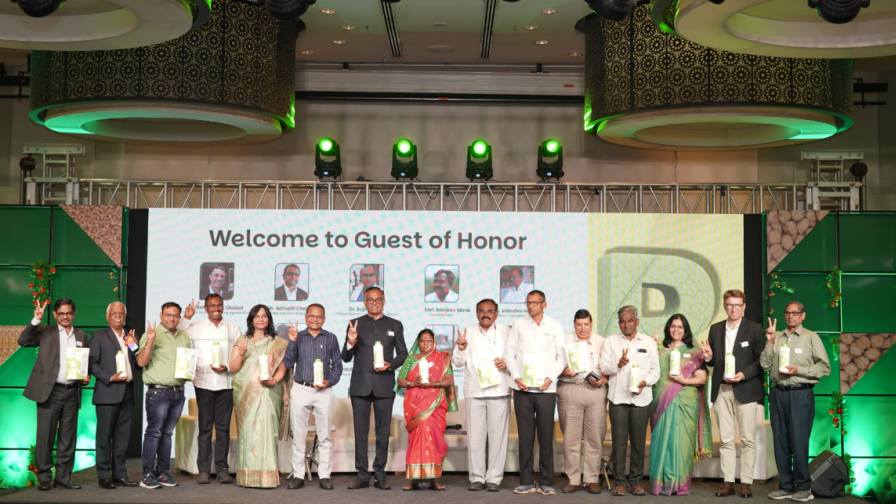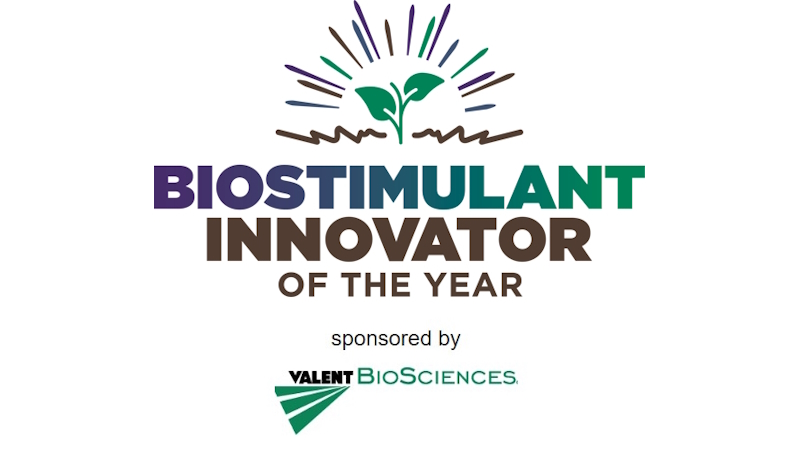Counterfeiting: Technical Enforcement

Sproxil founder Dr. Ashifi Gogo knows about the counterfeit industry after witnessing the effects of it firsthand while growing up in Ghana. That’s what inspired him to obtain a fellowship at Dartmouth College and eventually found his company, which aims to “make counterfeiting unprofitable,” as their slogan goes.
Founded in 2009, Sproxil’s mobile technology enables users to confirm that a product is not counterfeit by sending a message via short message service (SMS), also known as a text message. Originally, Sproxil developed the technology to verify authenticity of organic products, such as fruits and vegetables.
However, Dr. Gogo saw the need for an anti-counterfeiting solution in the pharmaceutical market.
“The technology we designed to solve the organic problem turned out to be very useful in solving the anti-counterfeiting pharmaceutical problem,” he says.
While Sproxil currently focuses mainly on pharmaceutical products, such as counterfeit medicines, the company is in discussions with agrochemical cooperatives to apply the technology to crop protection products.
And the company’s product has already paid off for pharmaceuticals. Dr. Gogo cited an instance where a manufacturer reported a stolen shipment and the serial numbers attached to the products. Sproxil changed the message the consumer received through their text message, indicating the product purchased as stolen.
“Within three days the company was receiving calls from consumers who had been receiving these stolen products in the pharmacies as they were purchasing an anti-malarial,” Dr. Gogo says.
The manufacturer was then able to catch the reseller who had been selling the product.
In another case, consumers were able to identify a pharmacy where half of its products were real and half of them fake.
“These entities are looking to use bar codes in combination with a scratch-off code to help track their products as they move down the supply chain,” Dr. Gogo says. “A farmer can scratch a label to reveal text, review the code and confirm that the fertilizer or bag of seeds is genuine or not.”
SMS and Crop Protection
Currently, CropLife Uganda, in conjunction with CropLife Africa Middle East and the International Fertilizer Development Center (IFDC), are working to introduce SMS technologies to the Ugandan crop protection market and throughout the continent.
“IFDC is testing and developing an SMS scratch-based technology whereby each pack will have a code number fixed at the time of manufacturing,” says John Stephen Matovu, CropLife Uganda chairman.
The technology works much like Sproxil’s. Manufacturers print code numbers on products to be revealed after scratching off the top film, similar to mobile scratch card technology.
Then, the purchaser enters the code on their phone, and an automatic reply is generated back to the purchaser verifying product authenticity.
“The project is going on as a pilot in Uganda,” Matovu says. According to Uganda Minister Eriya Kategaya, about 40% of crop inputs in the country are counterfeit.
Editor’s Note: This is part of FCI’s ongoing counterfeiting series. Read “The Good Fight Against Illicit Trade” by clicking here.





